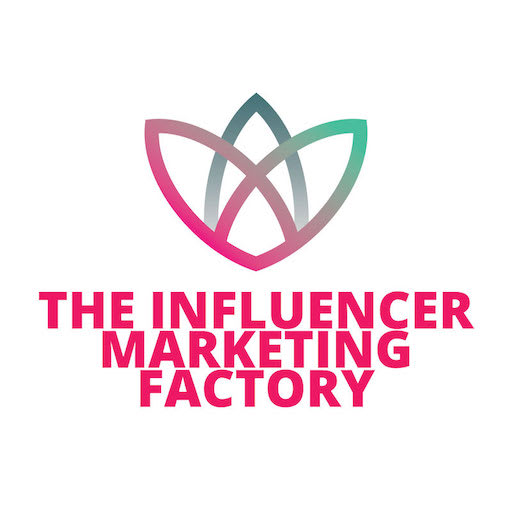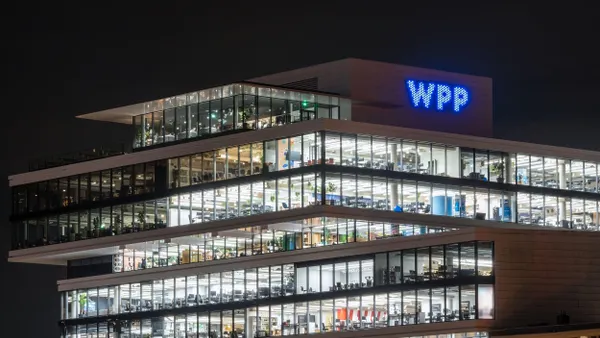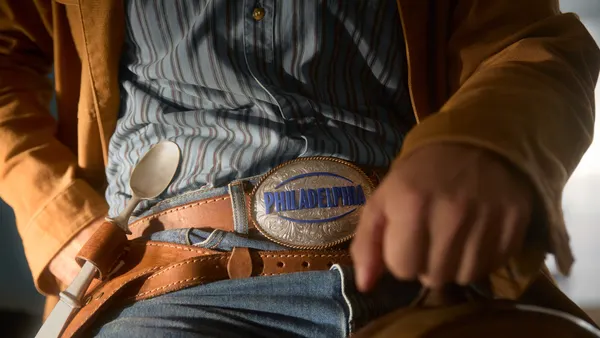Dive Brief:
- Last week, a federal judge issued a partial ruling in favor of MillerCoors in its lawsuit against AB InBev. In February, the beer giant ran a Super Bowl ad calling attention to MillerCoors' use of corn syrup in the beer-making process. The U.S. arm of Molson Coors sued in March, accusing its rival of launching a "false and misleading advertising campaign targeting Miller Lite and Coors Light in order to deceive beer consumers."
- The ruling from federal court judge William Conley of the Western District of Wisconsin prevents AB InBev from using specific language featured prominently during the ad campaign in any future commercials, print advertising or social media, according to Reuters. Conley said AB InBev had hoped to exploit confusion surrounding the use of corn syrup in beer production, and “consumers would interpret advertising statements about ‘made with corn syrup’ or ‘brewed with corn syrup’ as corn syrup actually being in the final products,” the wire service said.
- Miles Ritenour, director of marketing communications for Bud Light, told Food Dive in an email that the "ruling essentially amounts to Bud Light not being able to use a couple of (out-of-home) billboards and two TV spots that ran in a limited basis after the Super Bowl. In fact, the ad from the Super Bowl will begin airing again this week based on this ruling." MillerCoors CEO Gavin Hattersley said in a statement the company was pleased with the ruling involving ads "clearly designed to mislead the American public."
Dive Insight:
The ruling marks the latest feud between the bitter rivals, which shows no sign of abating anytime soon. One key aspect notably absent from the court's decision is what will happen to claims on Bud Light packaging that it has no corn syrup, and whether that will have to be removed. MillerCoors and AB InBev are expected to brief the court in the coming weeks, MillerCoors said.
MillerCoors has previously said its Miller Lite and Coors Light beers use corn syrup to help aid in fermentation, but that the sweetener gets consumed by yeast during the process, meaning it's not left in the final product that is later sold to consumers. For its part, AB InBev uses rice in Bud Light. The irony is that AB InBev uses corn syrup in some of its other beers, including Stella Artois Cidre and Busch Light, USA Today noted.
Conley determined the Super Bowl ads did not contain misleading information, but he had issues with subsequent ads that seemed to suggest that corn syrup is in MillerCoors' final product, Crain's Chicago Business reported.
The ad campaign and subsequent lawsuit are further evidence of the battle between the two global beer giants that are fighting to curtail shrinking market share as consumers move toward craft beers, wine and spirits.
While the campaign spurred a backlash from corn growers, MillerCoors and others, it may have already given AB InBev the win it needed in publicly talking about the vilified corn syrup. The controversy has fanned a longstanding debate about whether the sweetener is healthy. Some food and beverage makers, including Coca-Cola, PepsiCo and Kraft Heinz have introduced or reformulated products to include sugar rather than corn syrup.
Even if the court rules in favor of MillerCoors when it comes to the packaging claims or other ads, AB InBev has received meaningful attention — most notably during the Super Bowl watched by tens of millions of people around the world.
AB InBev has focused on emphasizing that Bud Light only contains four ingredients — water, barley, rice and hops — which the company displays on each can, along with the calories and carbs per serving. That's a smart marketing approach since many consumers are looking for transparency in foods and beverages, and they might be more willing to give Bud Light their business if they knew it doesn't use corn syrup.
Beer makers are trying everything they can to reposition their offerings to better mirror consumer trends — including low-calorie brews, purchasing craft breweries and diversifying into other alcoholic beverages like teas or ciders — but so far it has not been enough to help. MillerCoors and AB InBev, among other brewers, had considered an alliance on a campaign to promote the beer industry. The latest dispute may threaten the viability of that initiative. The corn syrup ads are the latest salvo used by a brewer to give it an edge in the increasingly competitive space, but it's unlikely to be the last.















